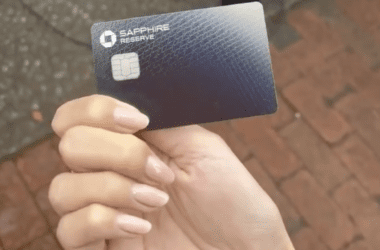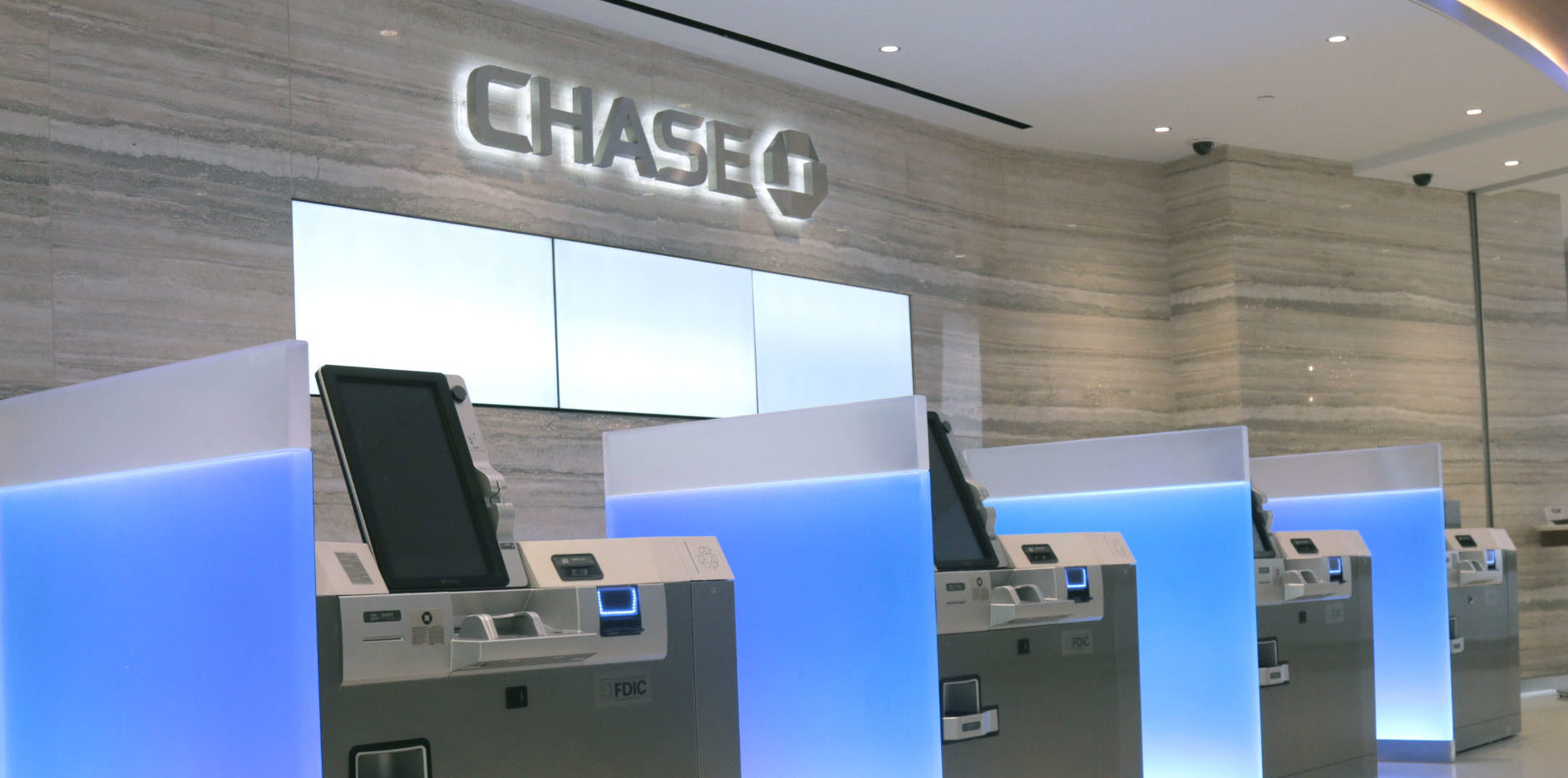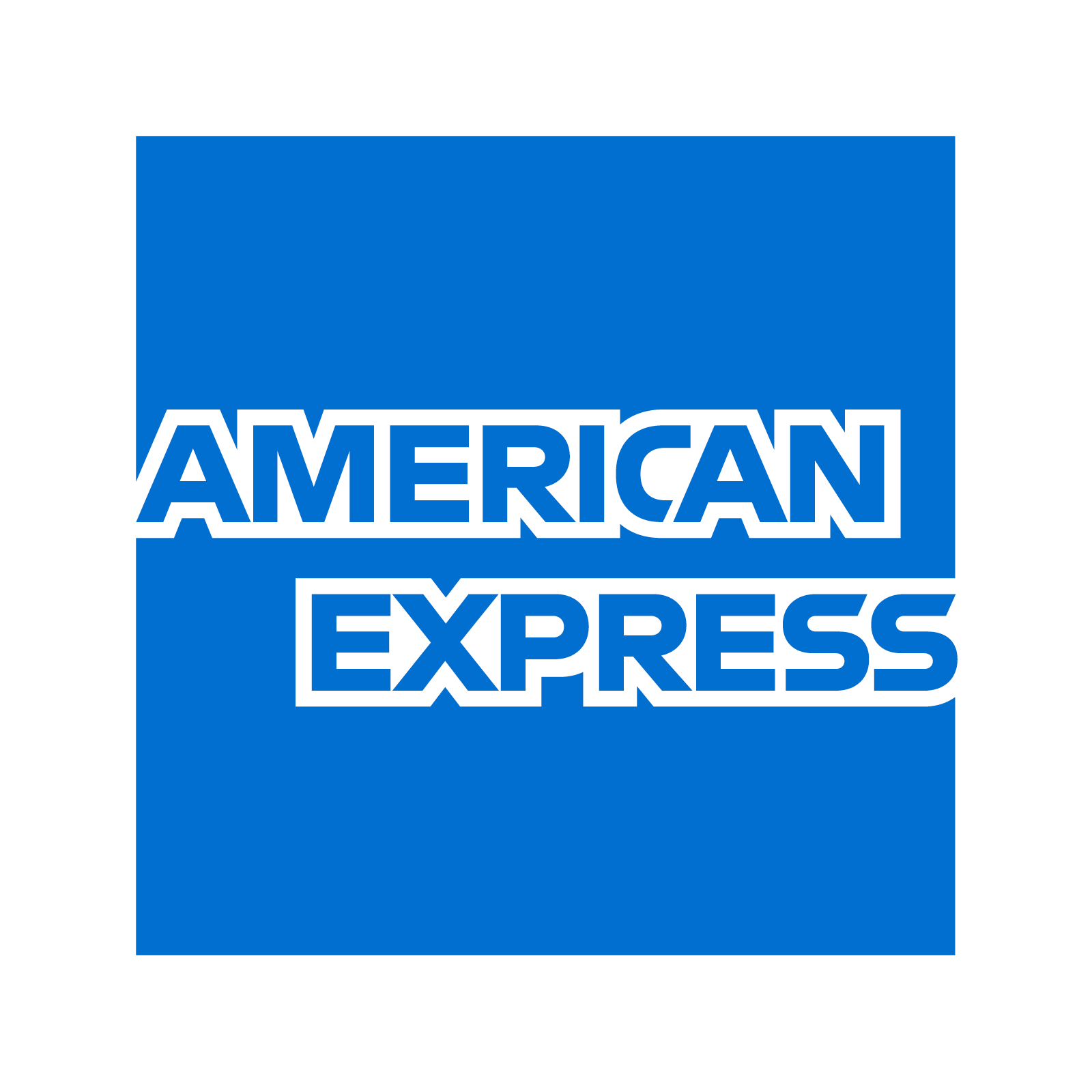A few weeks back, I wrote about the most underrated miles and points credit card. I love the features of the Blue Business Plus Credit Card from American Express. It earns a simple 2x on all spending up to $50,000 every year. Given how much I value transferable points, I’d like to compare two of my favorite cards: The Blue Business Plus and the Ink Business Unlimited Credit Card by Chase. Which business credit card should you get?
The Ink Business Unlimited Credit Card
In spite of the impressive features of the Blue Business Plus, I rate the Ink Business Unlimited Credit Card higher. I’ll outline the reasons why.
Sign-up Bonus
The Blue Business Plus Card comes with a 10,000 Membership Rewards points sign-up bonus. You’ll earn 10,000 Membership Rewards points after you spend $3,000 in the first three months.
Apply here for the 10,000 Membership Rewards Points Bonus
In comparison, The Ink Business Unlimited Credit Card has an impressive $500 or 50,000 Ultimate Rewards points sign-up bonus. You’ll earn 50,000 Ultimate Rewards points or $500 cash back after you spend $3,000 in the first three months.
Apply here for the 50,000 Ultimate Rewards Points/$500 Cash Back Bonus
Card Comparison
Beyond the sign-up bonus, what are the key similarities and differences between these two cards?
| Features | Blue Business Plus | Ink Business Unlimited |
| Sign-up Bonus | 10,000 MR Points | 50,000 UR Points |
| Minimum Spend Requirement | $3,000 | $3,000 |
| Intro APR for first the year | 0% | 0% |
| Annual Fee | $0 | $0 |
| Bonus Point Category Limit | $50,000 per year | No limit |
| Standalone Points Card | Yes | No |
Where the Ink Business Unlimited Card Wins
As seen in the chart above, there are a couple of key points of difference. Firstly, your bonus spend is capped with the Blue Business Plus Credit Card. Secondly, The Ink Business Unlimited Card wins hands down when it comes to the sign-up bonus. Please note that when you earn the sign-up bonus on the Ink Business Unlimited Card, you earn 50,000 Ultimate Rewards points. You can use those points to get a flat $500 cash back.
Where Blue Business Plus Wins
If you have the Ink Business Unlimited Card, you cannot earn transferable points unless you pair it with another card. If you have the Ink Business Preferred Card, Chase Sapphire Preferred Card or the Chase Sapphire Reserve Card, you’ll have the ability to convert the bonus into transferable points. Also, the Ink Business Unlimited card is subject to Chase’s 5/24 rule.
In contrast, if you only have the Blue Business Plus Card, you can still earn transferable points and transfer them to Amex’s travel partners, without having to have another card which has an annual fee.
Transfer Partners
In comparison, I strongly feel that Chase wins when it comes to transferable partner choices. Amex has the upper hand when it comes to Airline Partners. However, I rate Chase’s points higher because of a couple of reasons. In comparison to Amex, Chase points transfer 1:1 to the World of Hyatt program, which is one of my favorite loyalty programs. Given Hilton’s dynamic award pricing, I transfer my Amex points to Hilton (1:2 ratio) only when I need to top off points to book a stay.
The Pundit’s Mantra
In comparison, I find the Ink Business Unlimited Card of great value. As opposed to the Blue Business Plus, the card has no cap on earning the 1.5x point bonus on all spend. Secondly, I find Chase’s Ultimate Rewards points to be of more value than Amex’s Membership Rewards points, especially for hotel stays.
Unlike the Blue Business Plus which is a standalone points card, you’ll need to pair your Ink Business Unlimited Card with the Chase Ink Preferred or one of the Chase Sapphire Cards in order to make your points transferable to Chase’s travel partners.
I strongly advocate getting a credit card that aligns with your travel goals. If you travel a lot on United or Southwest and stay at Hyatts, then it makes great sense to get the Ink Business Unlimited Credit Card. If you stay frequently at Hiltons and can make use of Amex’s airline partners like Avianca LifeMiles, Etihad Guest, Aeroplan and ANA, then you should go for the Blue Business Plus.
Which no-annual fee business card do you prefer? Let us know in the comments section.
Application Link: Blue Business Plus Credit Card
Application Link: Ink Business Unlimited Credit Card
Never miss out on the best miles/points deals. Like us on Facebook, follow us on Instagram and Twitter to keep getting the latest content!













Hi Points Pundit,
I like this post a lot! I wrote a similar one that compared both cards months ago but it wasn’t as concise as yours. I personally have four Chase UR-earning cards, making the Ink the winner for me. The Ink would help separate personal and business expenses while I earn more UR points. It would act as a “business-only” Freedom Unlimited for me.
Also, the BBP does not come with a public sign-up bonus. You can get a referral bonus from a friend or family member who has the card.
Anthony (Play Your Cards Right)
Hey Anthony,
Thanks for the comment. Appreciate it! Well, as you correctly pointed out, the downside of the Business Unlimited is only that it’s not a standalone points card. If someone’s new to the miles and points game and is not too sure about whether those annual fees are worth it, the BBP can be a good option. Primarily because it doesn’t require a ‘companion’ card with an annual fee in order to earn MR points. The Ink Preferred and CSP are great cards for the $95 fee, depending on whether you’re looking to put personal or business spend on it.